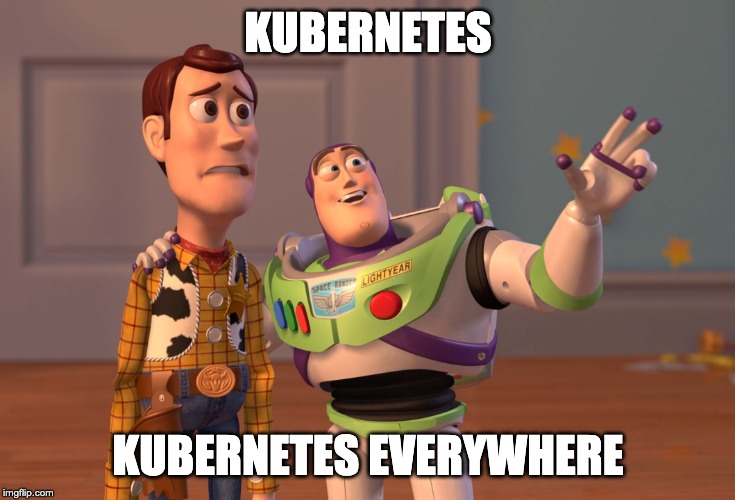What is Kubernetes?

- Kubernetes (often abbreviated as K8s) is an open-source platform designed to automate the deployment, scaling, and management of containerized applications. It helps manage applications running in containers across a cluster of machines.
Key Features of Kubernetes

-
Container Orchestration: Automatically deploys and manages containers.
-
Load Balancing and Service Discovery: Distributes network traffic to ensure stable application performance.
-
Scaling: Automatically scales applications up or down based on demand.
-
Self-Healing: Detects and replaces failed containers.
-
Automated Rollouts and Rollbacks: Gradually rolls out updates and can rollback in case of issues.
-
Storage Orchestration: Mounts local storage, public cloud storage, or network storage.
Relationship Between Kubernetes and Docker
While Kubernetes and Docker are both tools that revolve around containers, they serve different purposes and can work together.
1. Docker: Containerization Platform
-
Docker is a platform for building, packaging, and running containers.
-
It allows developers to package applications and their dependencies into Docker images.
-
Docker alone is great for managing containers on a single host.
2. Kubernetes: Orchestration Platform
-
Kubernetes is a container orchestration tool.
-
It manages multiple containers across multiple hosts (nodes in a cluster).
-
It provides features like scaling, load balancing, and self-healing for Docker containers.
How They Work Together
- Kubernetes can run and manage Docker containers.
- Developers build images using Docker.
- Kubernetes uses these images to deploy and manage applications.
- Kubernetes ensures that the containers are running as intended, even in complex distributed systems.
Docker vs Kubernetes
| Feature | Docker | Kubernetes |
|---|---|---|
| Purpose | Build and run containers | Manage and orchestrate containerized apps |
| Scope | Single host | Multi-host, distributed system |
| Scaling | Manual | Automatic (based on policies) |
| Load Balancing | Limited | Built-in |
| Self-Healing | None | Yes |
Analogy
Think of Docker as a container ship that packages and ships individual containers.
Kubernetes is like the port authority that coordinates where the ships dock, how they unload, and ensures smooth operation.